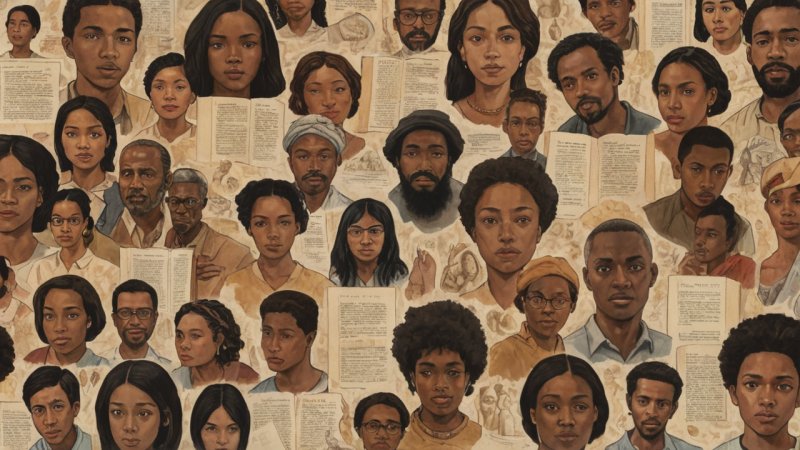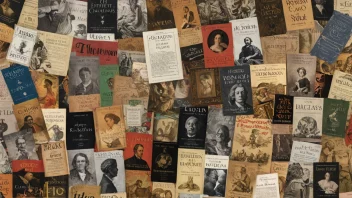Throughout history, literature has played a crucial role in shaping human experience, serving as both a mirror reflecting societal values and a window into the diverse lives and emotions of individuals. From ancient epics to modern novels, literature has the power to influence thought, evoke empathy, and foster understanding across cultures and generations.
One of the most significant ways literature shapes human experience is by providing a means of exploring complex emotions and moral dilemmas. Through characters and narratives, readers encounter situations that challenge their beliefs and provoke introspection. For instance, the works of authors like Leo Tolstoy and Virginia Woolf delve into the intricacies of human relationships and the struggles of identity, prompting readers to reflect on their own lives. These literary explorations invite individuals to confront their biases and consider perspectives beyond their own.
Moreover, literature serves as a vital tool for preserving cultural heritage and history. Folklore, myths, and historical narratives capture the essence of societies, documenting their triumphs and tragedies. This preservation of culture allows future generations to connect with their roots and understand the evolution of human thought and behavior. For instance, the stories of indigenous peoples or the narratives of marginalized communities provide insight into their struggles and resilience, fostering a sense of identity and continuity.
Literature also plays a pivotal role in social and political movements. Throughout history, writers have used their craft to challenge the status quo, advocate for change, and inspire action. Works like George Orwell’s 1984 and Harper Lee’s To Kill a Mockingbird illustrate the power of literature to critique societal norms and provoke discourse. By shining a light on injustice and inequality, these texts not only inform readers but also motivate them to engage in activism and social reform.
In addition to its cultural and social significance, literature enhances cognitive and emotional skills. Reading fiction, in particular, has been shown to improve empathy and emotional intelligence. Engaging with diverse characters and their experiences allows readers to step outside their own realities and understand the complexities of human emotions. This capacity for empathy is essential in fostering compassion and social cohesion in an increasingly divided world.
Furthermore, literature encourages creativity and imagination. By exposing individuals to different styles, narratives, and languages, literature cultivates innovative thinking and problem-solving skills. The imaginative landscapes created in novels and poetry inspire readers to envision new possibilities and challenge conventional thinking. This creative engagement is vital not only in the arts but also in fields such as science and technology, where innovation often stems from thinking outside the box.
In conclusion, literature is a powerful force that shapes human experience in myriad ways. It fosters empathy, preserves culture, challenges societal norms, enhances cognitive skills, and inspires creativity. As we navigate the complexities of the modern world, the insights gained from literature remain invaluable, reminding us of our shared humanity and the diverse experiences that enrich our lives. Embracing literature is not merely an academic pursuit; it is an essential aspect of understanding ourselves and each other in a rapidly changing world.






